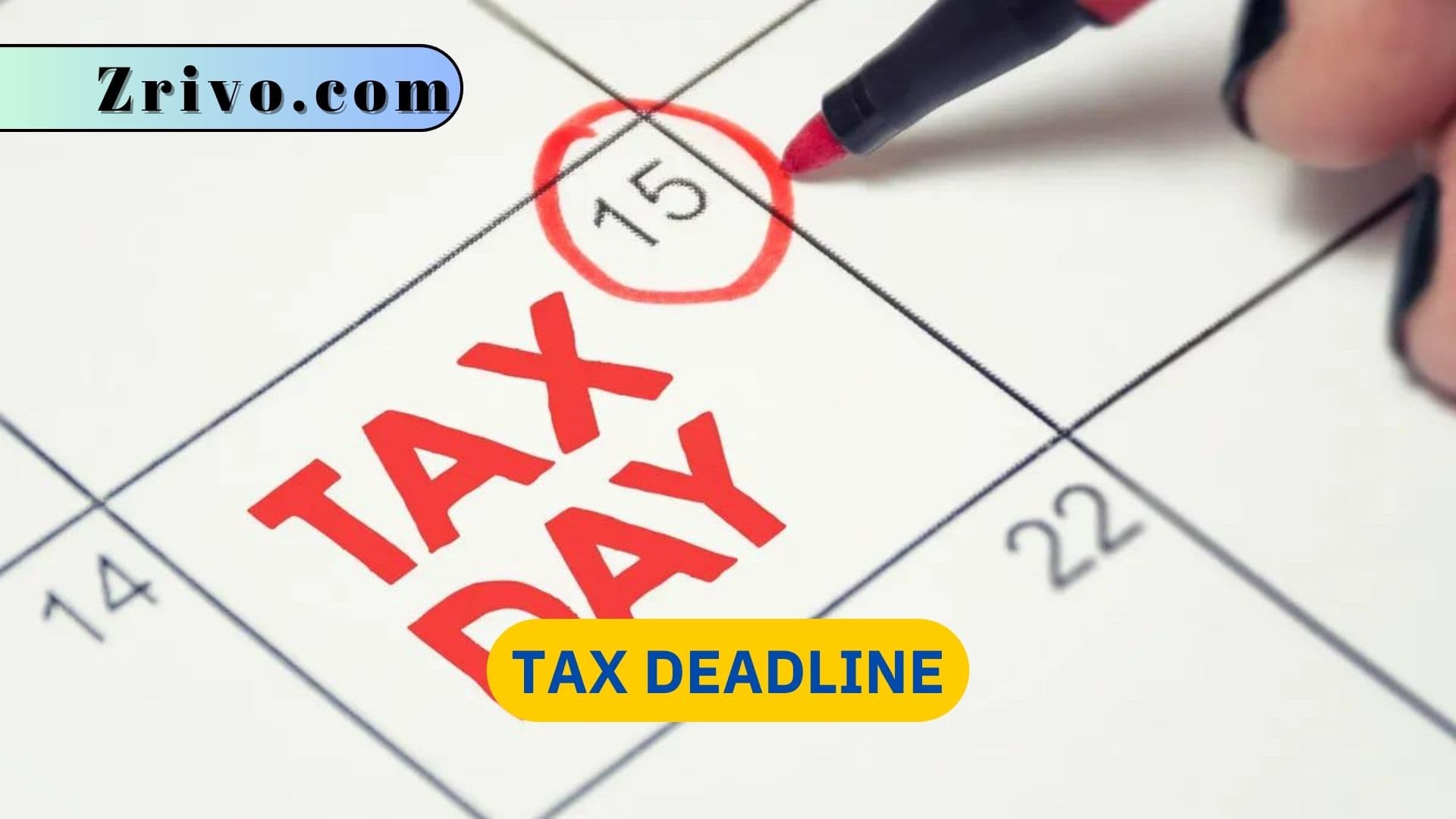
The tax deadline is April 18 unless it falls on a weekend or holiday. The IRS offers a six-month extension to file taxes by submitting Form 4868. The last day to file individual federal income tax returns with an extension is October 15. Self-employed workers and those working in the gig economy must submit estimated quarterly tax payments based on the previous year’s taxes. If you miss the tax deadline, you will owe money to the IRS, and interest will be added to your balance. The penalty for filing late is 5 percent per month, while the penalty for not paying on time is 0.5 percent per month and maxes out at 25 percent a year.
Important Tax Dates for 2025
April 18 – The deadline to file your 2025 individual income tax return. This is also the last day to make contributions to your IRA or health savings account for the 2024 tax year.
January 31 – Various 1099 forms are sent. These forms are used to report income that doesn’t come from an employer, such as interest, dividends, prize winnings, rental property income, and brokerage account transactions.
March 31 – First quarter estimated tax payment due. This is the first of four estimated tax payments that are due each year. Self-employed people and others who pay estimated taxes are required to make these payments quarterly, with the second payment due three and a half months after the year begins, the third due eight and a half months later, and the final one due twelve and a half months after the start of the year.
Missing the filing deadline can result in penalties, so it’s important to be aware of and keep track of these key dates. However, most taxpayers have options if they aren’t ready to file their returns by the deadline, including requesting an extension.

Tax Deadline Extension
The deadline to file individual income tax returns this year is April 18, but some people, including those impacted by natural disasters, get more time to submit their returns and pay what they owe. For example, residents of Alabama, California, and Georgia who have been hit by recent storms have until October 16 to file their federal tax returns and make payment — thanks to the IRS’s disaster relief extension. Others, including those living overseas and members of the military in a combat zone or contingency operation, also have later filing deadlines.
There are several other important deadlines to keep in mind, especially if you are self-employed or have other sources of income without taxes withheld, such as investments and gig economy work. Getting an extension doesn’t extend the due date for paying what you owe, so be sure to make your estimated tax payment by the end of the day on April 18. Otherwise, you may face penalties and interest.